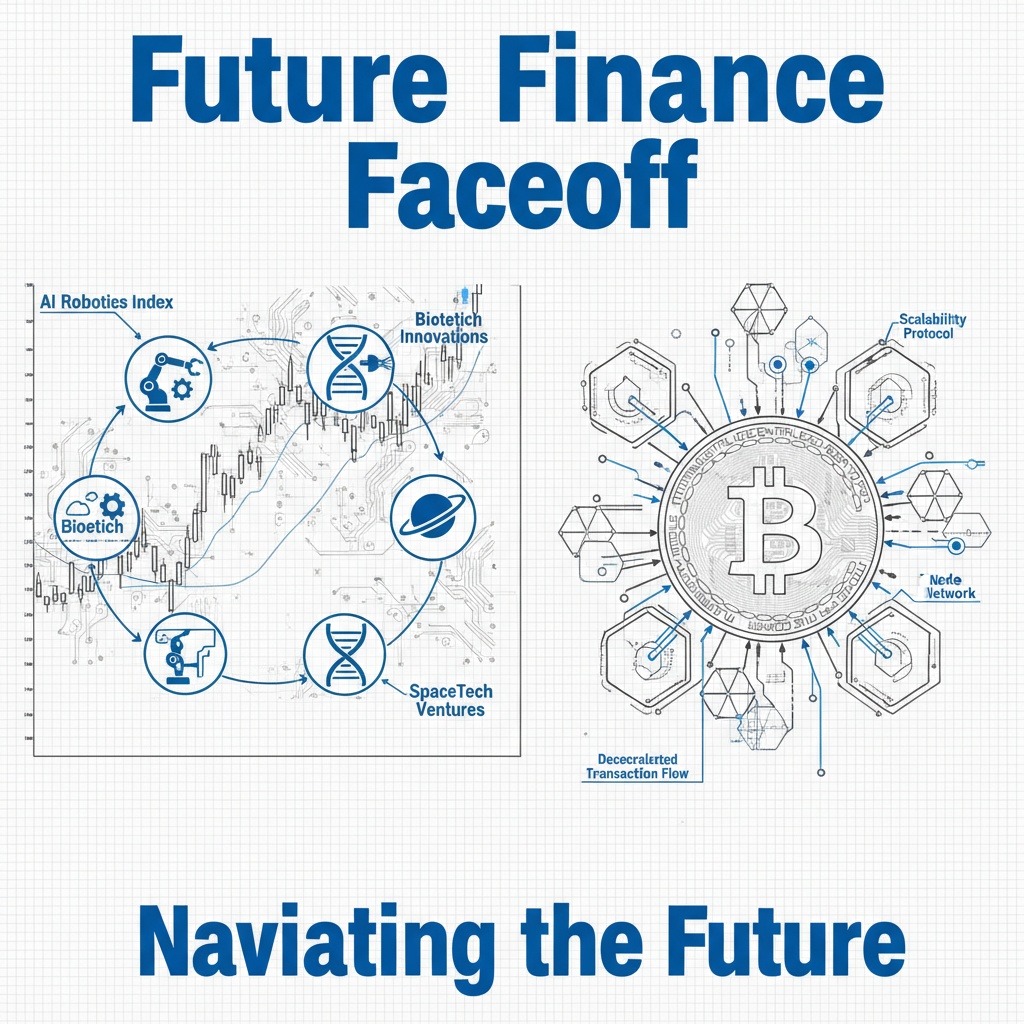The intersection of artificial intelligence (AI) and finance prompts a vital question: will Bitcoin or traditional stocks prevail in the next 50 years? As technology reshapes industries, both investment avenues face unique challenges and opportunities in this evolving landscape.
Stocks, a concept that dates back to the early 17th century, have historically adapted to shifts in technology and economic climates. The first stock market emerged in Amsterdam with the Dutch East India Company, establishing a model for trading company shares that continues today. Companies that can adapt quickly to technological advancements, such as AI, stand a greater chance of thriving amid market disruptions.
As AI accelerates innovation across sectors including robotics, biotech, and even aerospace, stocks in companies leveraging these technologies are positioned for potential growth. Historical trends suggest that businesses that embraced technology have weathered economic storms and market fluctuations, leading to sustainable long-term returns. For instance, the S&P 500 index has delivered annualized returns of approximately 7%-10% over decades, providing a benchmark for investors seeking stability.
However, the rise of AI also brings uncertainty to traditional investment models. The coming years are expected to be marked by significant disruption as industries adapt to new technologies. Investors must proactively consider how well companies can pivot in response to changing demands influenced by AI advancements.
On the other hand, Bitcoin presents a different narrative. Launched in 2009 by an unknown figure under the name Satoshi Nakamoto, Bitcoin was designed as a peer-to-peer electronic cash system using blockchain technology. Unlike stocks, which represent ownership in companies, Bitcoin operates as a decentralized asset. Its primary advantages include resistance to inflation and a capped supply of 21 million coins, which enhances its appeal as a safeguard against currency devaluation.
Bitcoin’s evolution from a niche asset to a recognized store of value highlights its potential impact on the financial landscape. The underlying blockchain technology offers transparency and security, which aligns with the increasing demand for verifiable data in the age of AI.
For Bitcoin to secure its place in the market, it must not only reinforce its standing as a store of value but also establish itself as a viable medium of exchange. As AI enhances scalability and transaction efficiencies, Bitcoin could further emerge as a practical alternative to traditional currencies.
Ultimately, neither investment option can afford to remain stagnant. Stocks must embrace technology to maintain relevance, while Bitcoin needs continuous innovation to meet changing economic paradigms. The unpredictability of the next 50 years emphasizes the importance of adaptability in any financial tool.
In conclusion, the debate between stocks and Bitcoin in the context of an AI-driven future reveals that both have distinct strengths. Investors are encouraged to analyze current trends and consider their risk appetites when deciding between these financial instruments. As both avenues evolve, staying informed will be crucial in making sound investment choices going forward.



